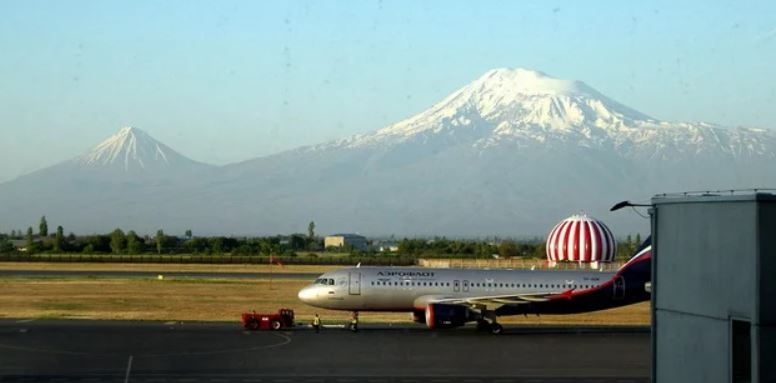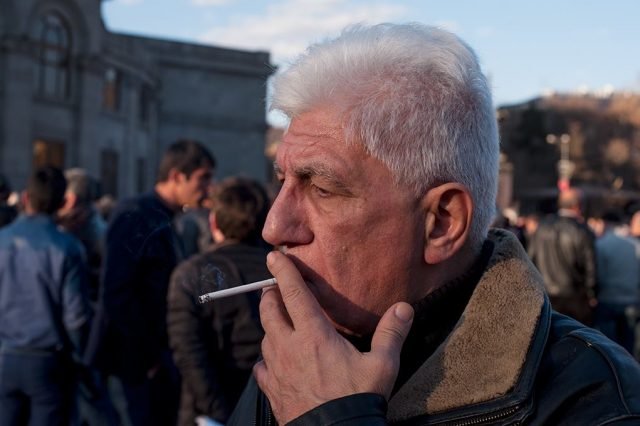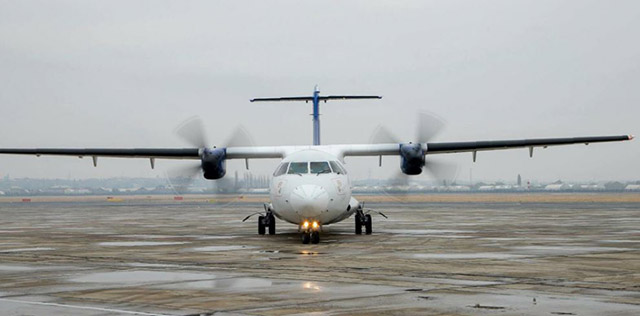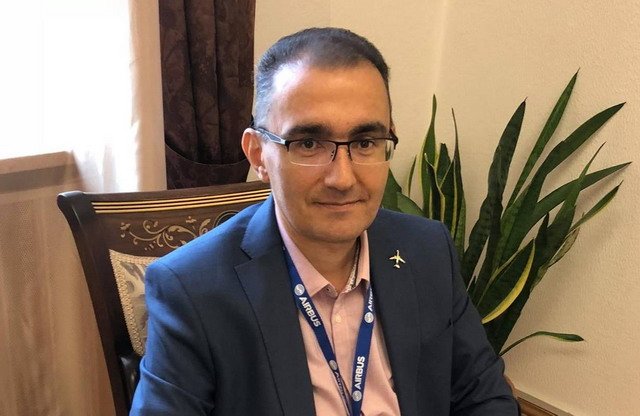Armenia’s air communication capabilities are shrinking due to the expulsion of Russian airlines from Europe as a result of the Russian-Ukrainian war. In the days following the start of the Russian-Ukrainian war, a number of European countries closed their airspace to Russian civilian aircraft, and many media outlets, citing their sources, reported that all EU countries would soon close their airspace.
Taking into account that the entry of Armenian planes into the EU airspace had been banned earlier, then the expulsion of Russian planes from Europe, according to Shahen Petrosyan, former head of the RA General Department of Civil Aviation, “In terms of aviation, the situation is getting much worse. Naturally, many of our passenger flows depend on Aeroflot, and now Aeroflot can not fly to Europe or the United States.
If Armenia suddenly gets stuck in that conflict, it will be worse, but we have Istanbul instead, we can fly to Europe through Istanbul. The flights to Istanbul have been opened, so we can fly to Europe. Now we are waiting for Air Arabia, if it comes, it will be allowed to fly to Europe, we have to fly over Turkey, so we have to normalize our relations with Turkey as soon as possible.”
According to aviation expert Navik Khachatryan, the expulsion of Russian airlines from Europe does not reduce Armenia’s air communication opportunities. “Because we are not a member of the EU and we are not in that zone. Russian airlines, represented by countries like ours, will express a desire to make additional flights. Our flights should be active and the passenger market should be active, but it is a pity that we will not use it.
The passenger will use it, but the state will not use it in terms of taxation. In my opinion, the airspace restrictions for Russian planes will not have a bad impact on Armenia, because, for example, if Aeroflot flew two or three flights a day, now it will increase the number of flights, depending on how many passengers it will gather and whether it will be in demand or not. At least that is a better approach for Russia than keeping the planes in Moscow.”
Arpine Simonyan





























































